The United States Agency for International Development (USAID) in Bosnia and Herzegovina launched the Localworks Activity intended to support local communities in BiH build capacities for sustainable growth, encouraging civil engagement and mobilizing all available local resources.
The five local implementers of this USAID Activity: Center for Civic Cooperation (CGS Livno), Network for Building Peace, Institute for Youth Development KULT, Tuzla Community Foundation and Foundation Mozaik will take on development challenges in their own communities and work on developing philanthropy in the community.
Activities supported by Localworks will mobilize local resources to solve problems and address issues in the community. Citizens of Bosnia and Herzegovina want to address the burning issues at their own doorstep.” said USAID’s Mission Director in BiH, Nancy J. Eslick, adding that this approach is a common sense one, since locals know best what their communities need. This support will help re-center influence in Bosnia and Herzegovina by moving from USAID and other international organizations to local actors, eventually eliminating the need for external help.
Activities conducted within Localworks will facilitate and improve local relationships. The project will help build stronger local organizations capable of being reliable partners in solving future problems faced by their communities. “Through different activities, we will include and engage all local actors who can contribute to the development of their communities: municipal administrations, local communities, local associations, i.e. civil society associations, local private and public enterprises and diaspora whenever possible”, said Zulka Baljak, Executive Director of CGS Livno.
USAID and its local partners encourage local entrepreneurship to support the sustainability of local CSOs and set up Entrepreneurship Funds in every canton.
USAID invested a total of 12 million dollars in the Localworks Activity. In 2019, the Institute for Youth Development KULT implemented the initial stage for the project and supported communities in three BiH regions that had been mostly neglected by the government and international development programs. This project helped communities identify the resources and the type of support they need to encourage local development. The Institute used this experience to provide support in methodology development in the second stage of the project.



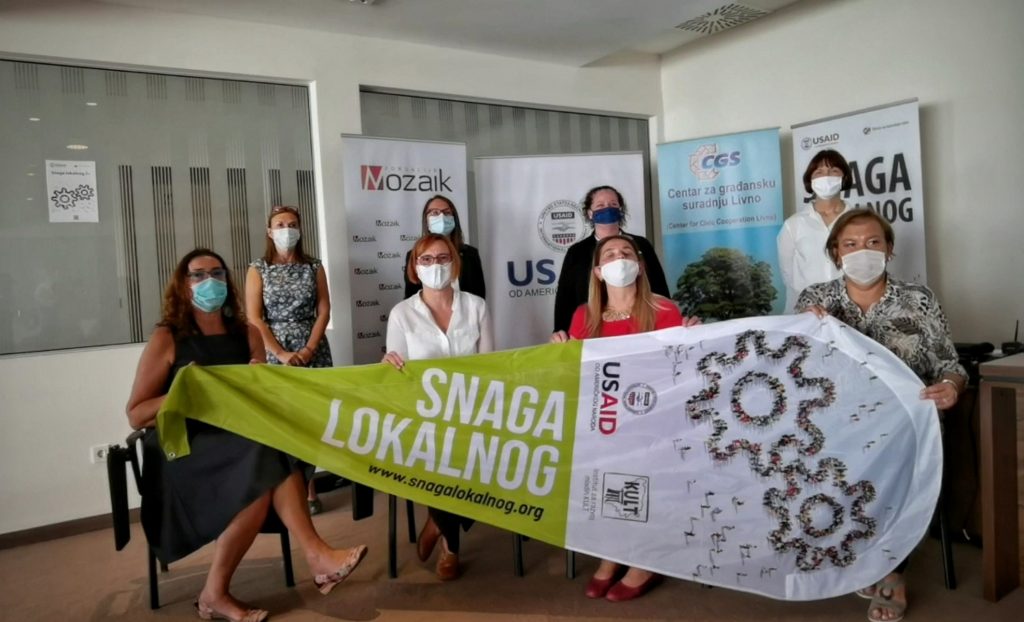
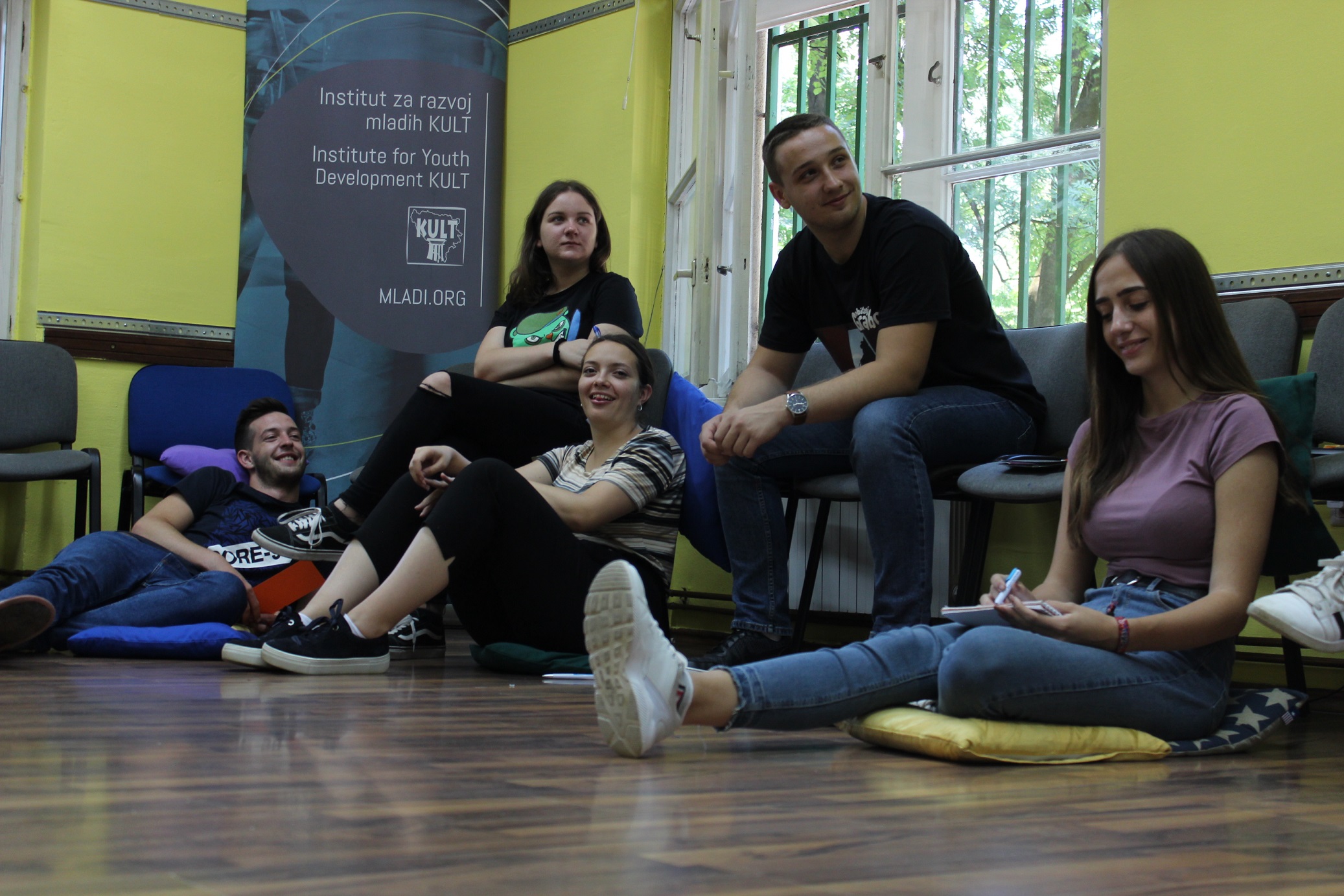
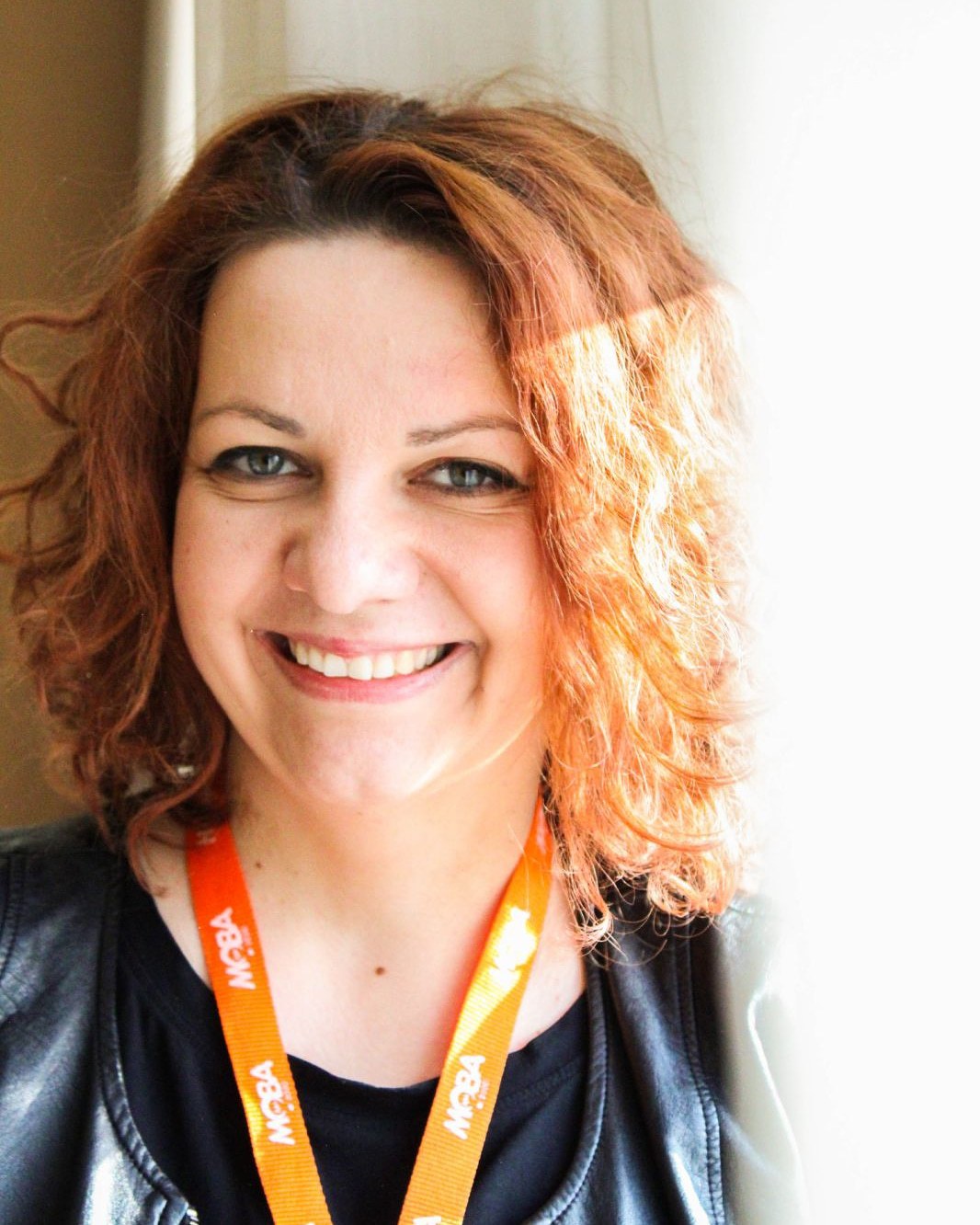






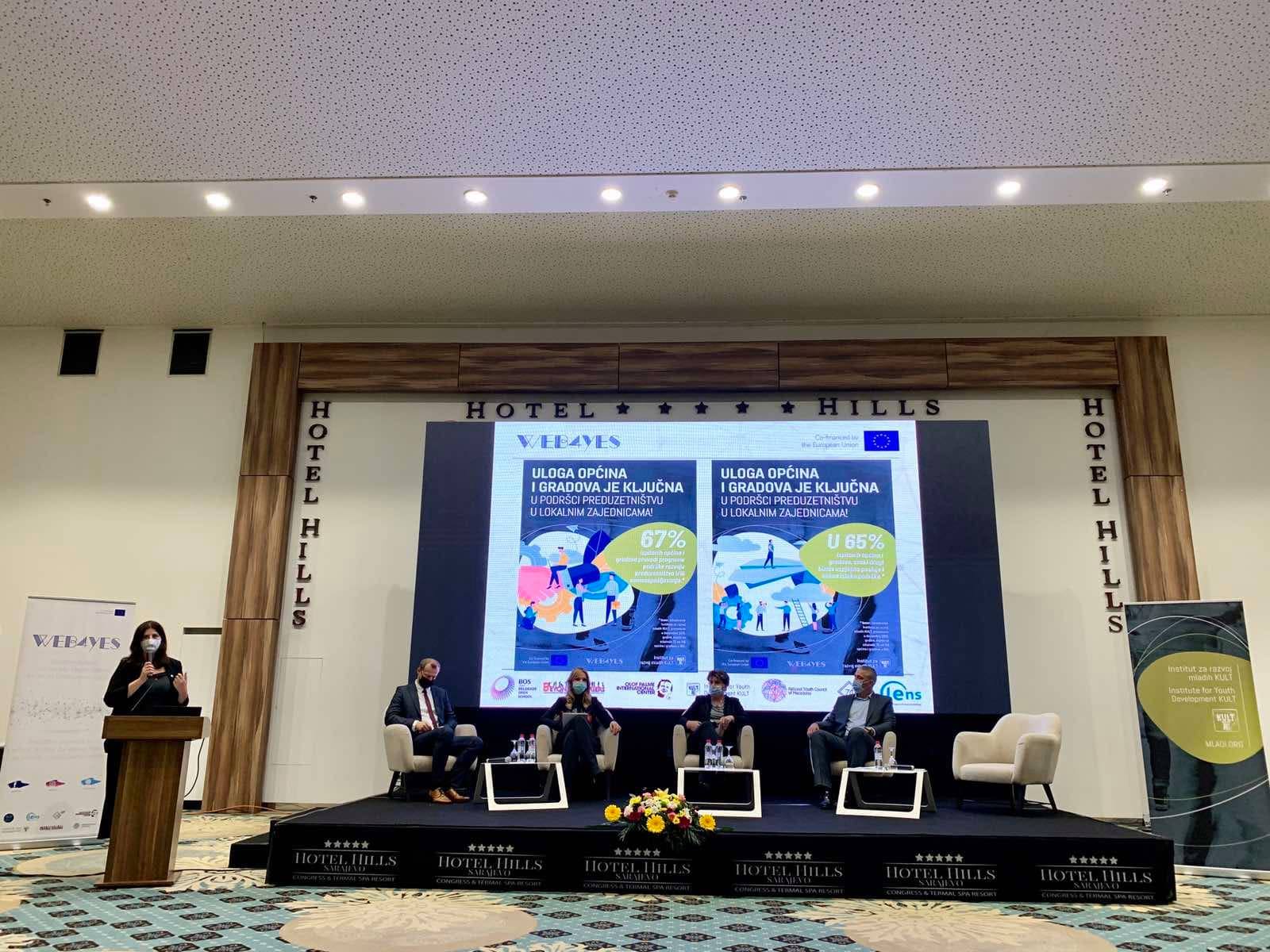
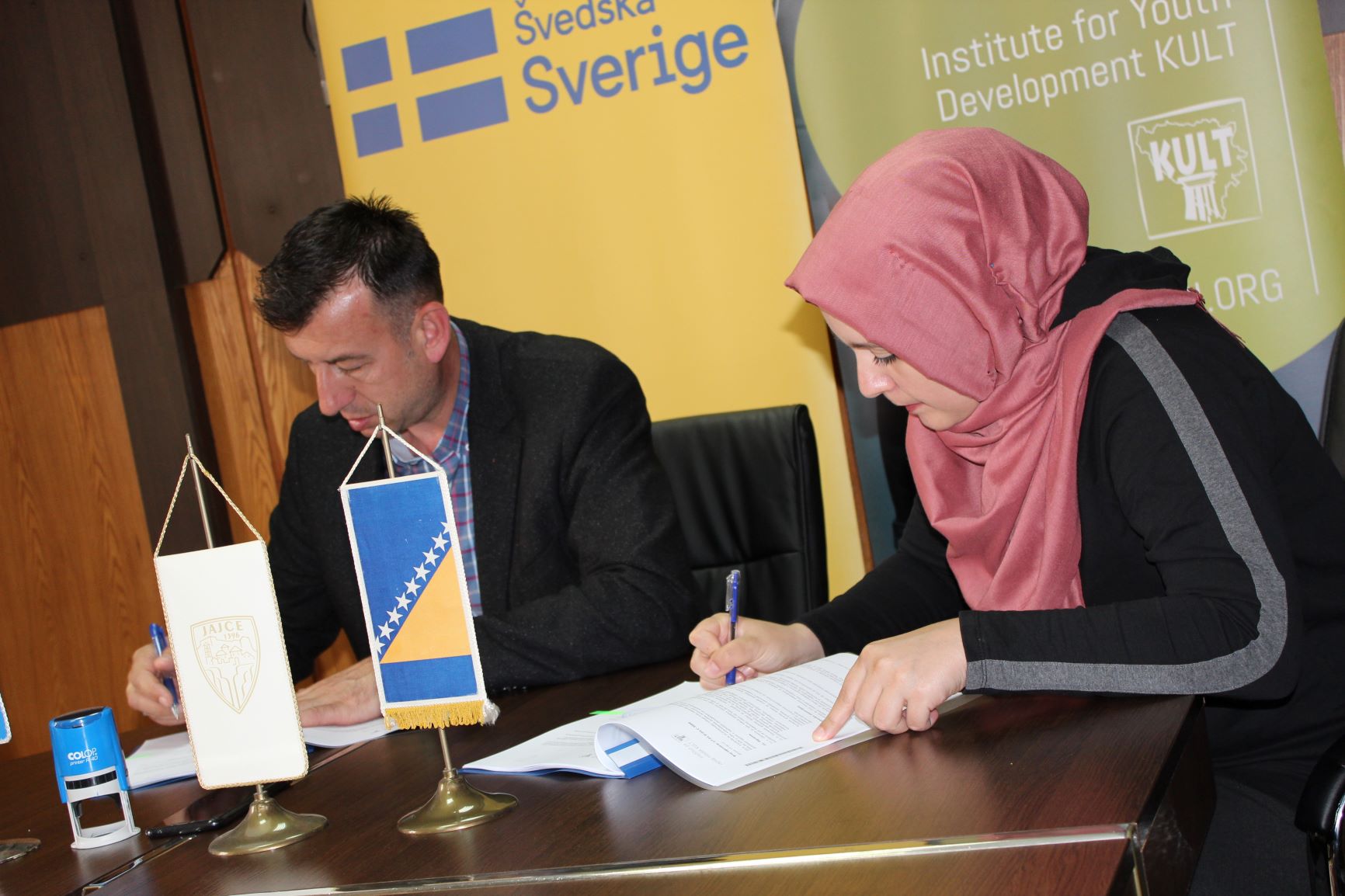
Leave a comment